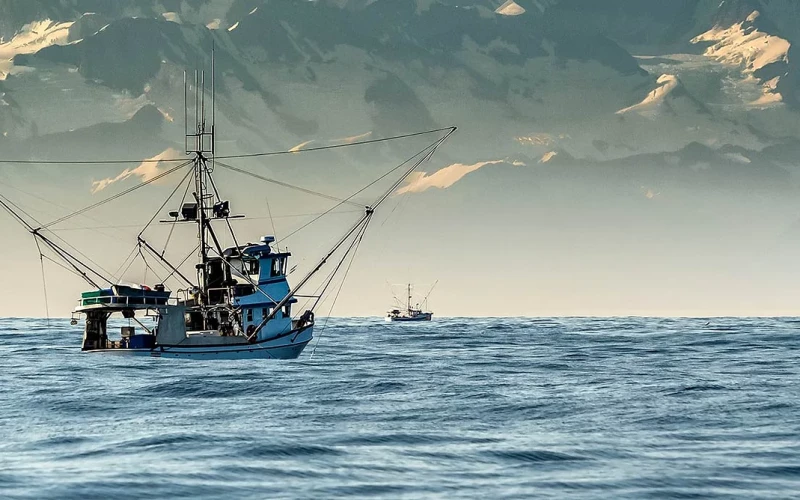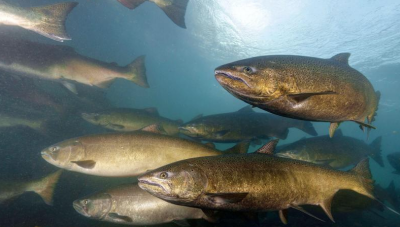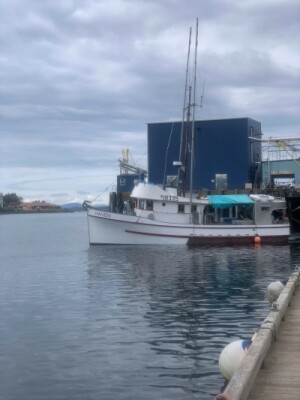DILLINGHAM – The SkipperScience Partnership, Bristol Bay Regional Seafood Development Association (BBRSDA), and the University of Washington are expanding on the groundbreaking SkipperScience citizen science program to help fishery managers and researchers better understand migration patterns of Nushagak River Chinook salmon across both time and space. The program could improve understanding of Chinook salmon escapement by identifying and protecting Chinook migration corridors, and help sockeye salmon fishermen with the potential of an earlier opening to the sockeye salmon season.
One of Skipper Science’s key tools is a smartphone app and community-owned database that allows fishermen to log observations in real-time from the fishing grounds.
“Skipper Science is a valuable resource for researchers, managers and policy-makers. Fishermen participating in the Skipper Science Partnership have demonstrated their ability to translate observations into quality data through the use of the app and dialogues with managers. We are thrilled to be working on projects like the Nushagak King Salmon Mapping Project that shows how the program is working directly with fisheries managers and the scientific community to meaningfully incorporate fishermen’s data and observations into their decision making.” said Hannah-Marie Garcia, Skipper Science Program Coordinator who works for the Aleut Community of St. Paul Island.
“As a Bristol Bay fisherman impacted by fishing closures due to recent low Chinook returns on the Nushagak, I am proud and grateful to be able to lend a meaningful hand to our fisheries managers as we work together as a Bristol Bay community to allow for as much commercial fishing activity as possible while protecting Chinook returns. SkipperScience gives us a tool to do just that and I hope that fellow fishermen will join me in rolling up our sleeves and lending a hand here so that we can all come out the other side of this with plentiful Chinook escapement up the Nush and abundant early June fishing time as well,” said Michael Jackson, Bristol Bay fisherman and BBRSDA board member. The Nushagak King Mapping Project gives Fishermen a chance to be part of the solution, and to put their expertise to work”.
“Conservation of king salmon in the Nushagak district during the (predominantly) sockeye fishery is a key issue in the spotlight after several years of extremely strong sockeye runs and relatively weak king returns. Better understanding of the spatial distribution of kings in the Nushagak district, and how that might change across the season, is critical. The existing Skipper Science app is a perfect platform for the fleet to provide catch rate data that can enable managers in future years to make decisions on when and where commercial fishing can open while still allowing for adequate Chinook escapement,” said Curry Cunningham, an Assistant Professor with the University of Alaska Fairbanks College of Fisheries and Ocean Sciences.
For more information about the project, please visit www.bbrsda.com/nushagak-king-mapping







